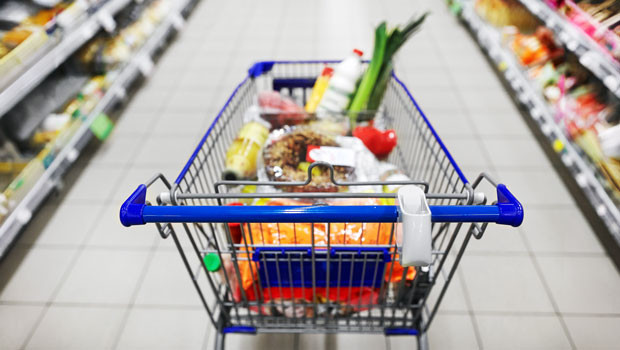
Source: Sharecast
Consumer price inflation rose at an annual rate of 3.8%, mainly due to transport and in particular air fares. This was up from 3.6% in June, above analysts’ expectations of 3.7% and the highest recorded since January 2024, when it was 4.0%.
Prices in the transport division rose 3.2% in July, up from 1.7% in June. This reflected a large upward effect from airfares, which jumped 30.2% between June and July, compared with a rise of 13.3% between the same months in 2024.
Food and non-alcoholic beverages prices increased 4.9% in July, up from 4.5% the month before. This was the fourth consecutive rise in the annual rate and the highest recorded since February 2024, but remains well below the peak seen in early 2023.
Inflation in the dominant services sector, which is closely watched by the Bank of England, rose to 5.0% from 4.7%.
The core rate - which strips out energy, food, alcohol and tobacco - rose to 3.8% from 3.7%.
ONS chief economist Grant Fitzner said: "The main driver was a hefty increase in air fares, the largest July rise since collection of air fares changed from quarterly to monthly in 2001.
"This increase was likely due to the timing of this year’s school holidays.
"The price of petrol and diesel also increased this month, compared with a drop this time last year.
"Food price inflation continues to climb, with items such as coffee, fresh orange juice, meat and chocolate seeing the biggest rises."
Danni Hewson, head of financial analysis at AJ Bell, said: "For UK rate setters it’s the hike in service sector inflation which is likely to narrow their opportunity to cut the base rate further this year.
"Looking at market expectation this morning, worries that persistent inflation will continue to influence pay awards despite a cooling labour market makes it increasingly likely we’ve seen the last cut for 2025."
However, ING economist James Smith said a November rate cut is still "more likely than not".
"UK inflation was higher than expected in July, but given it was driven primarily by airfares, the Bank of England won’t be too concerned. A November rate cut hangs in the balance, though it remains our base case," he said.